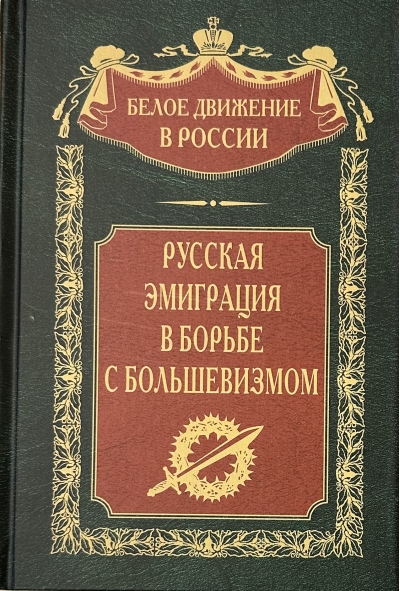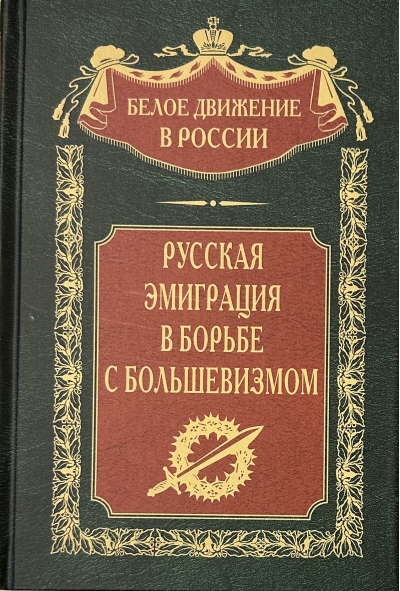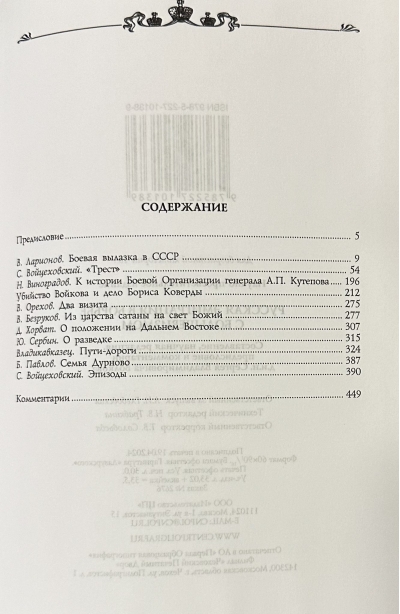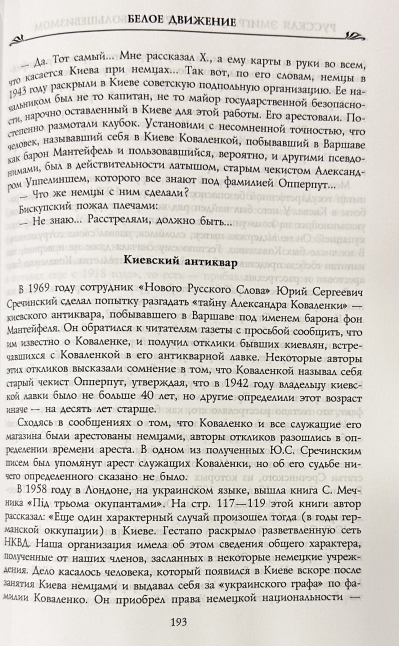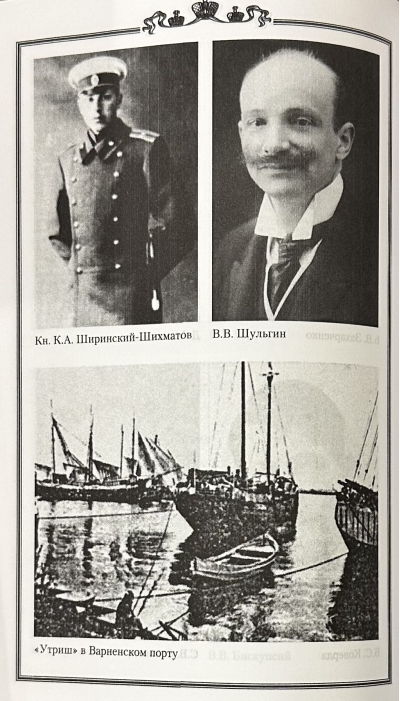Russian emigration in the fight against Bolshevism
19.99 €
The only thing available 1
The book is the 26th volume in the series devoted to the White Movement in Russia and familiarizes with the struggle of the Russian military emigration against the Soviet regime in the 20-30s, that is, after the end of hostilities on the territory of historical Russia.
In 1924, the Russian Army in foreign lands was transformed into the Russian All-Russian Military Union (ROVS), and in the practice of anti-Soviet struggle, the sending of small combat groups into the USSR came to the forefront. Until World War 2, the slogan "The Kuban campaign continues!" was in the minds of most emigrant officers, and Bolshevik intelligence considered the struggle with the Russian military emigration as the main direction of its activities.
A significant place in the book is given to the description of the famous operation "Trust", but on the part of the Whites, and the history of the Combat Organization of General A.P. Kutepov. Of particular interest is the description of the case of B. Koverda, who killed the Soviet diplomat Voykov on the platform of the Warsaw railway station. Voikov was killed not as an envoy, but as "a member of the Comintern and for Russia," - said at the trial Koverda.
The book is equipped with extensive and for the first time published commentaries containing several hundred unknown biographical references about the authors and heroes of the essays.
In 1924, the Russian Army in foreign lands was transformed into the Russian All-Russian Military Union (ROVS), and in the practice of anti-Soviet struggle, the sending of small combat groups into the USSR came to the forefront. Until World War 2, the slogan "The Kuban campaign continues!" was in the minds of most emigrant officers, and Bolshevik intelligence considered the struggle with the Russian military emigration as the main direction of its activities.
A significant place in the book is given to the description of the famous operation "Trust", but on the part of the Whites, and the history of the Combat Organization of General A.P. Kutepov. Of particular interest is the description of the case of B. Koverda, who killed the Soviet diplomat Voykov on the platform of the Warsaw railway station. Voikov was killed not as an envoy, but as "a member of the Comintern and for Russia," - said at the trial Koverda.
The book is equipped with extensive and for the first time published commentaries containing several hundred unknown biographical references about the authors and heroes of the essays.
See also:
- All books by the publisher
- All books in the series The White Movement in Russia


